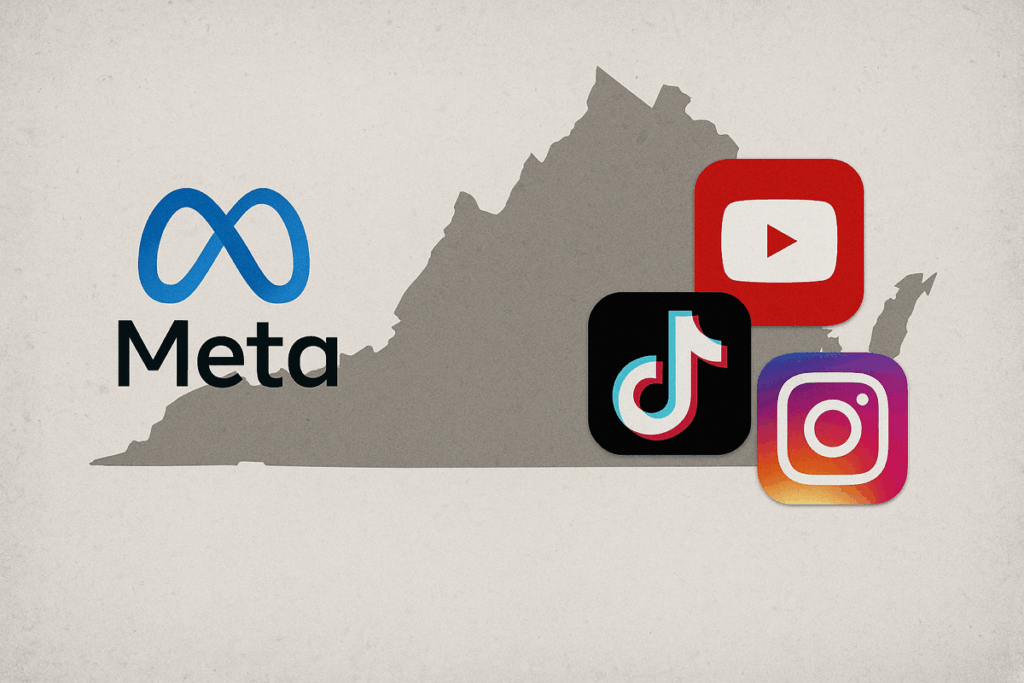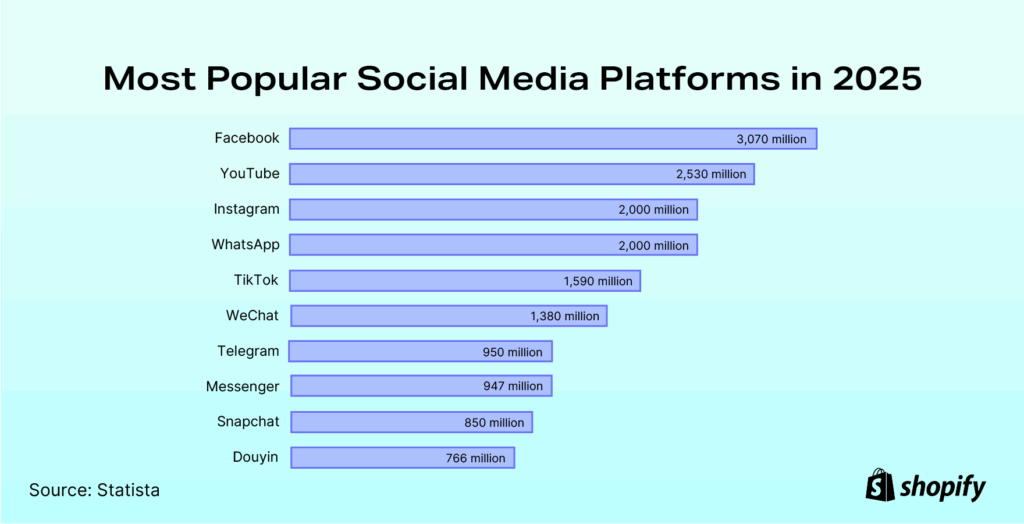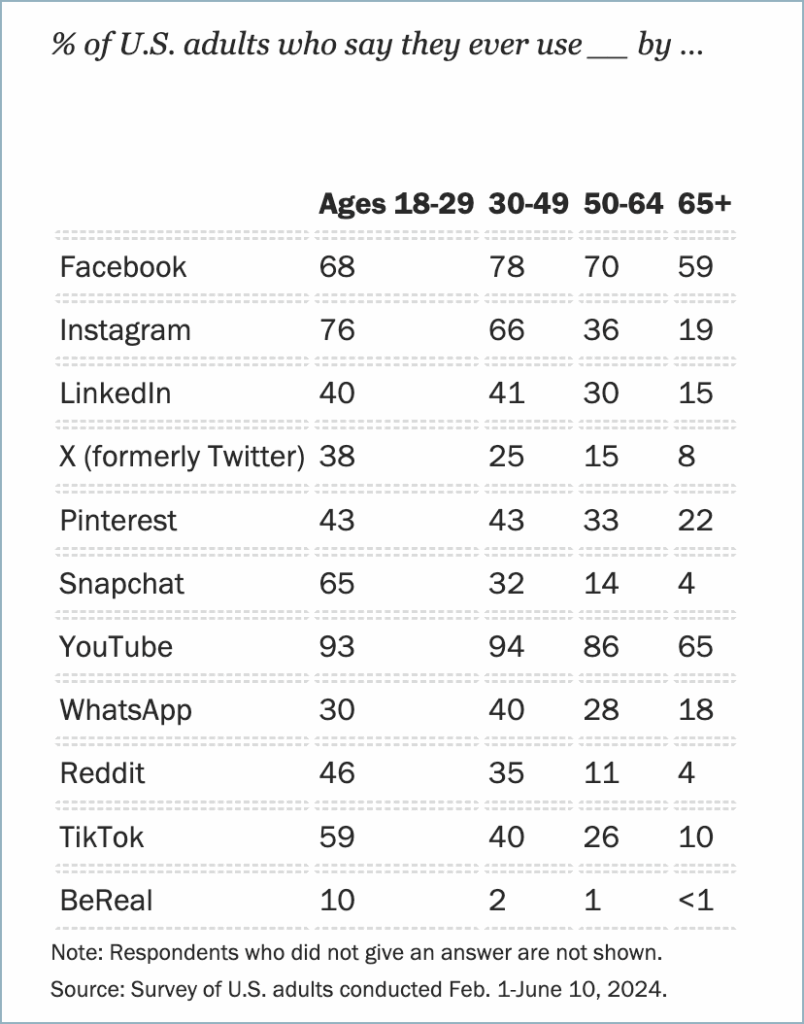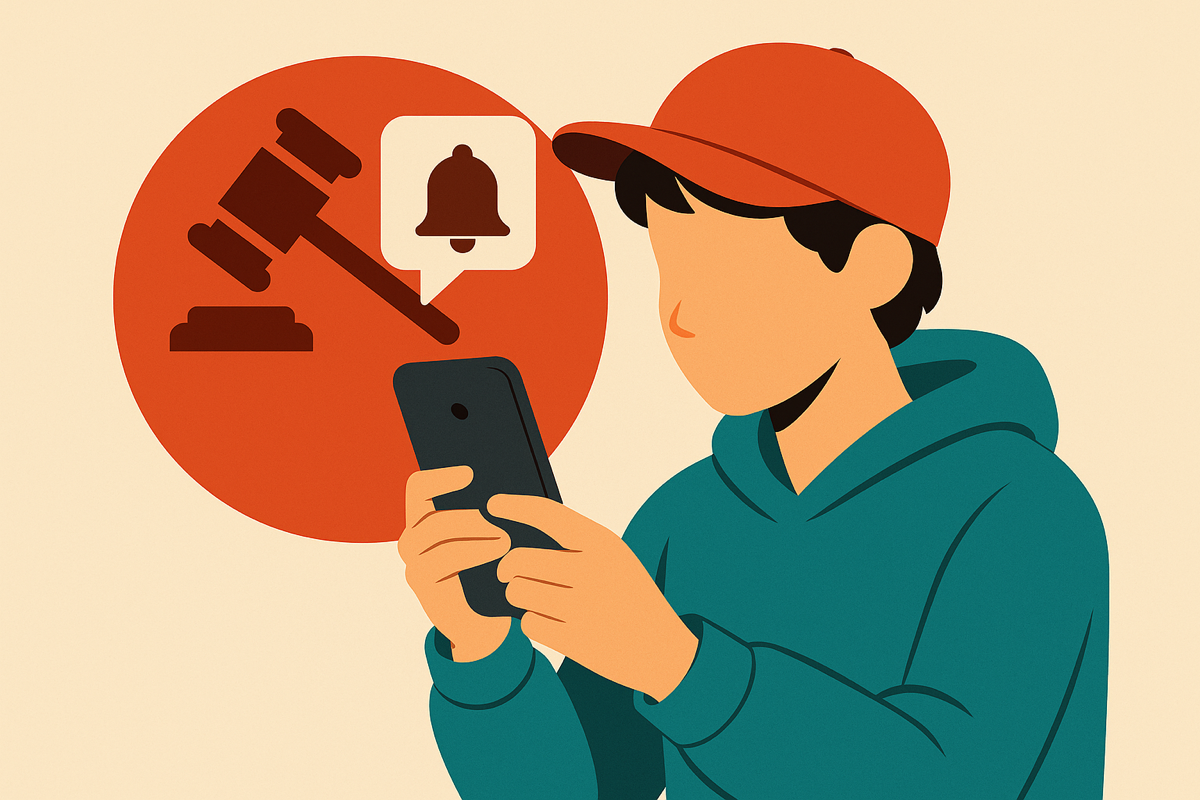Digital rights groups and major platforms are back in the legal ring. This legal bout centers on Virginia’s new youth-safety law, a rule that restricts users under-16 to one hour of social media per day. It forces platforms to introduce real identity checks. The law arrives with sharp language, wide reach, and very little room for interpretation. The reaction came fast — and not happily. Companies and civil-liberties groups say the rule oversteps, overreaches, and misunderstands how young people live online.
Virginia’s governor signed the law earlier this year after controversies associated with mental health, screen time, and tech responsibility. Supporters call it necessary. Opponents call it unconstitutional. Now the state and Silicon Valley square off for a long, messy fight over speech, identity, and parental control.
What’s Happening & Why This Matters

Virginia’s law introduces one of the United States’ tightest social-media restrictions. The law caps minors at one hour of daily access and demands hard-identity checks for every user under 16 years of age. The language is broad. It covers apps, websites, and platforms that reach millions each day. No carve-outs. No quiet exemptions. Regulators insist the rule is a safety tool.
The most prominent platforms retorted instantly. Meta calls the law “a direct threat to digital expression.” TikTok says the rule strips young people of autonomy and community. X says identity-verification mandates open new risks for privacy breaches. These firms say the law misunderstands how young users communicate. They further argue that identity checks lock out vulnerable minors who rely on anonymity for safety.
Civil-liberties groups joined the suit. They say the rule limits speech and breaks the First Amendment. The ACLU says the law “targets minors with blunt tools that silence rather than protect.” They argue the one-hour cap creates an arbitrary limit without evidence that 60 minutes is safer than any other number. Policy experts agree that screen-time laws seldom match the reality of online behaviour.

Parents across Virginia are in the middle. Many call for stronger protections. Others say the rule adds more confusion than clarity. A mother who testified during legislative hearings says, “Safety matters, but blanket limits ignore the difference between healthy use and harmful use. Kids are not all the same.”
Platform engineers say the law forces intrusive design changes. Identity checks demand new pipelines. Hour-caps require monitoring tools. The changes reimagine user workflows. They introduce questions about data retention. Lawyers for the firms argue the rule forces them to collect more personal information, not less.
Virginia lawmakers defend the regulation. They say families need support, and platforms resist accountability. One state senator says, “These companies profit from youth engagement. They refuse to fix the harms on their own.” Supporters argue that one hour of daily access creates structure. Critics argue that structure without flexibility is a barrier, not a solution.

Lower-income families have concerns, too. Many depend on free apps to maintain community. One hour per day restricts learning, peer support, and extracurricular activities that live online. Some families say the rule confuses educational use and recreational use. Even teachers say the rule mixes entertainment and coursework under the same cap.
Legal observers expect the case to achieve a fever pitch. Judges often strike down broad youth-safety laws when they limit speech. Past rulings assert that courts favour parental control over government control. Tech firms cannot help but agree with the point. They say parents need tools, not mandates.
The lawsuit is in the national [and international] conversation. States across the U.S. are following the case closely, especially states preparing their own social-media bills. The outcome establishes a new level of privacy standards, identity-checks, and youth-access rules.
TF Summary: What’s Next
The lawsuit is now in the long game. Safety, speech, identity, and oversight are under review. Virginia stands behind its rule. Social platforms fight every clause. Parents ask for clarity. Companies want balance. Kids seek spaces to live online without blunt restrictions.
MY FORECAST: More courts engage. More states intervene. Youth-safety rules turn into a national tug-of-war. This case is one of the biggest tests of parental choice, platform responsibility, and constitutional protection. The stakes run high for every platform, every family, every child — every user.
— Text-to-Speech (TTS) provided by gspeech


